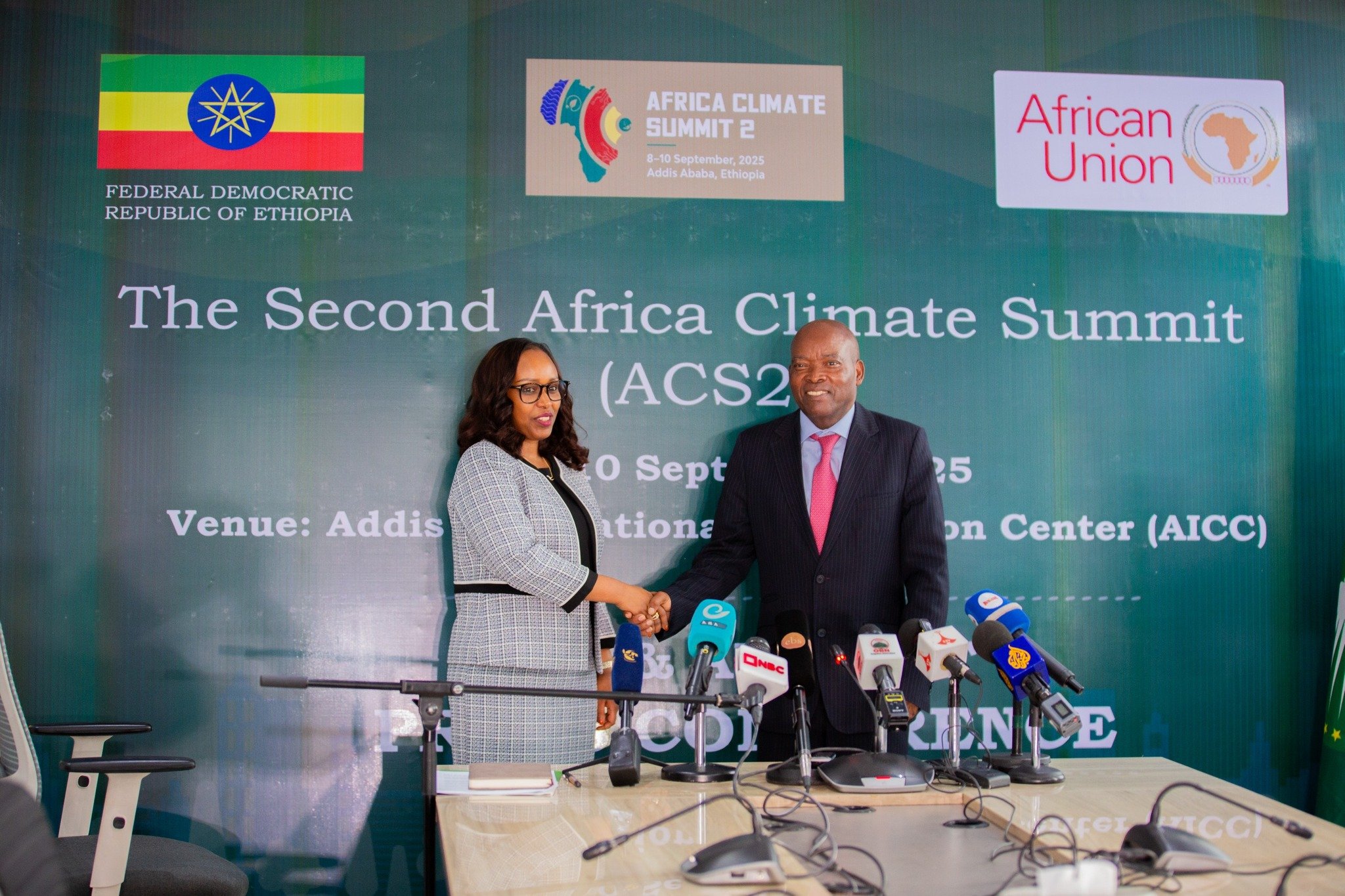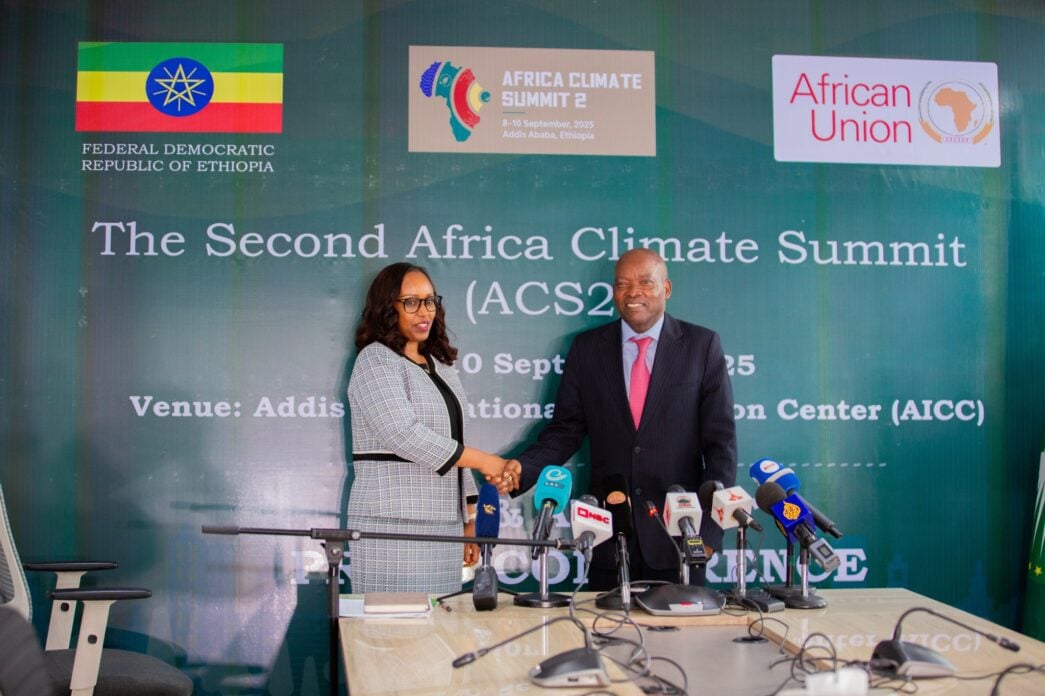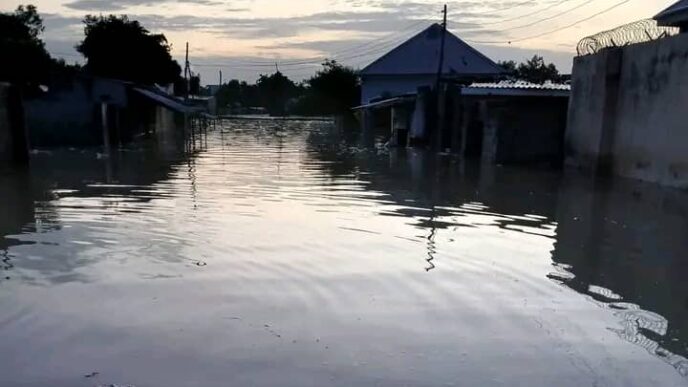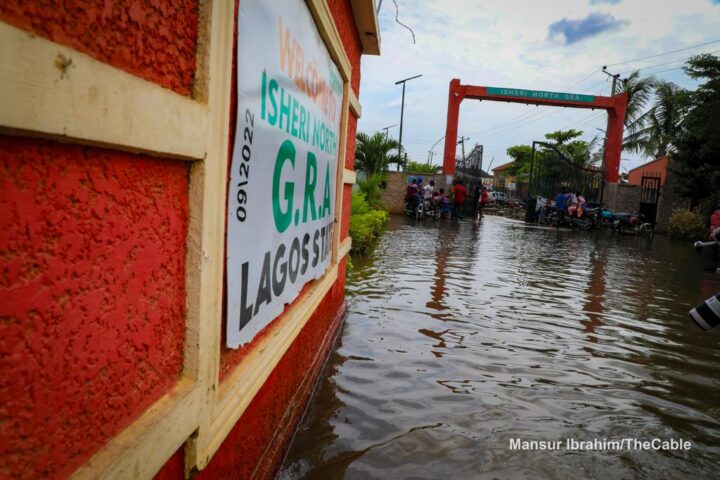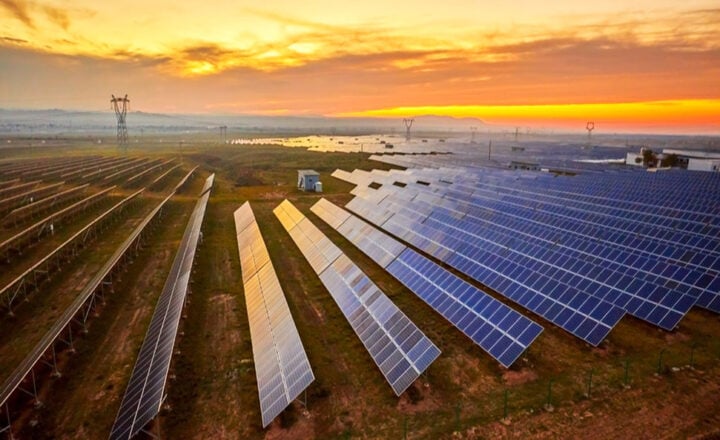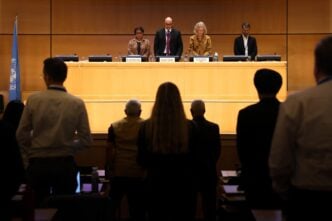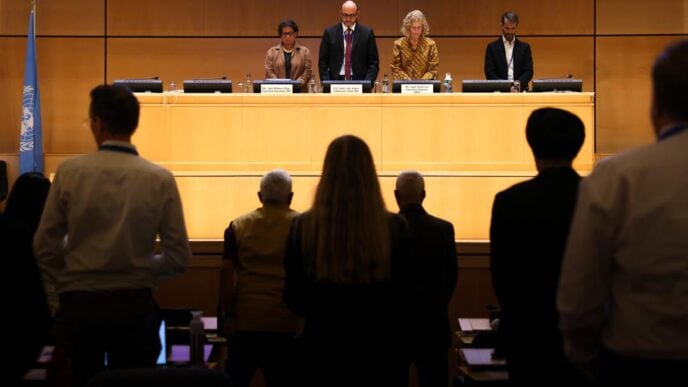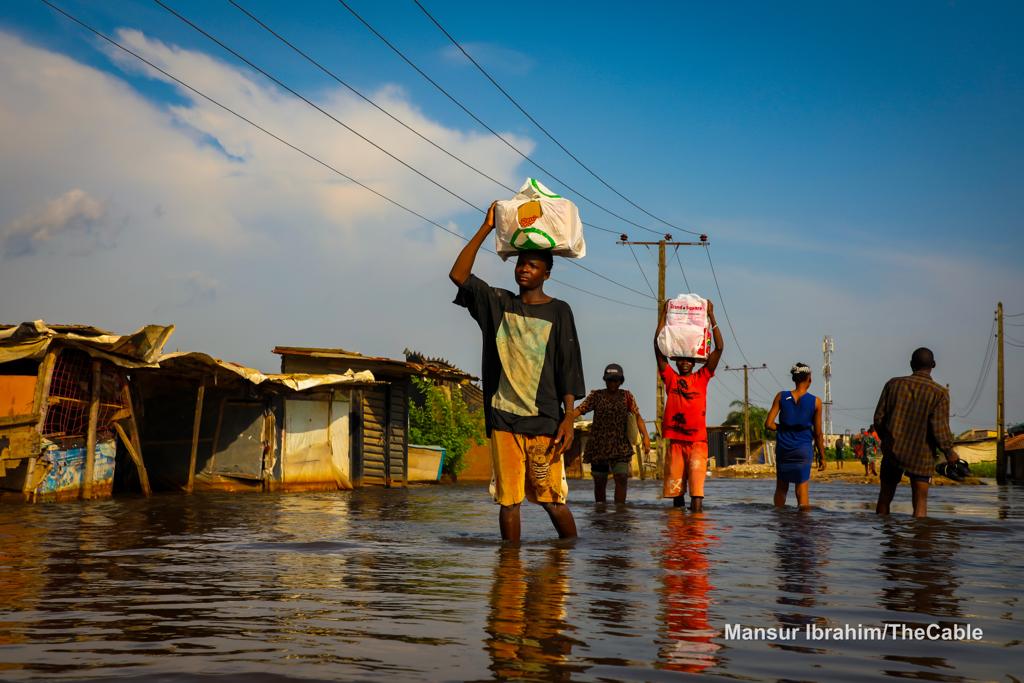Ethiopia is set to host the second Africa Climate Summit (ACS2) from September 8 to 10.
The summit, which will take place in Addis Ababa in partnership with the African Union Commission (AUC), is themed ‘Accelerating Global Climate Solutions: Financing for Africa’s Resilient and Green Development’.
Speaking on Friday at a virtual media briefing, Seyoum Mekonnen, Ethiopia’s state minister for planning and development, said the summit aims to amplify homegrown climate solutions and demand fairer climate financing.
Mekonnen, who described ACS2 as “Africa’s COP”, noted that the summit will be a defining moment for the continent to assert leadership and push for action.
Advertisement
“This summit is not just another event—it is Africa’s moment to lead,” Mekonnen said.
“Africa is often portrayed as a victim of climate change, but we are also a continent of solutions.”
The Ethiopian minister said the summit will spotlight African-led climate actions and advocate for reforms in global financial systems through new instruments and multilateral cooperation.
Advertisement
Mekonnen highlighted Ethiopia’s achievements as proof that African-led solutions can deliver results.
He cited the country’s green legacy initiative, which has planted over 40 billion seedlings in six years, increasing Ethiopia’s forest cover from 17.2 percent in 2019 to 23.6 percent by 2023.
“We are not just hosting a summit—we are building a movement. And every movement needs voices that amplify, challenge and inform,” he added.
AFRICA NEEDS $3 TRILLION
Advertisement
Moses Vilakati, AU commissioner for agriculture, rural development, blue economy and sustainable environment, said bridging Africa’s climate finance gap is an “existential necessity” to ensure the continent’s resilience and green development.
Vilakati noted that although Africa accounts for the smallest share of global greenhouse gas emissions, it remains the most vulnerable region due to geography, limited adaptive capacity, and socioeconomic conditions.
“Africa needs over $3 trillion to meet its climate goals, yet received only $30 billion between 2021 and 2022,” Vilakati said.
“We must create a conducive environment for efficiency, adequacy, and justice in climate financing.”
Advertisement
He said the AUC has made progress since the first climate summit by strengthening partnerships with regional institutions and initiatives.
The AU commissioner emphasised the need for a just and equitable energy transition, noting that Africa holds the highest solar potential globally, with vast areas receiving over 2,000 kWh/m² annually.
Advertisement
He referenced the ACS1 goal of tripling renewable energy capacity to 300 GW by 2030 and said collaboration among governments, the private sector, and international partners will be crucial to reaching targets.
“Climate change, and what we do about it, will define our era, our continent, and the global legacy we leave for future generations,” he said.
Advertisement
“Only 18 percent of Africa’s mitigation needs are currently funded, and just 20 percent of adaptation financing is covered.”
Vilakati added that ACS2 will serve as a springboard for implementing climate policies, promoting sustainable industries, and integrating climate risks into national development plans.
Advertisement
He reaffirmed the AU’s commitment to rotational hosting of the climate summit to promote inclusivity across the continent.
